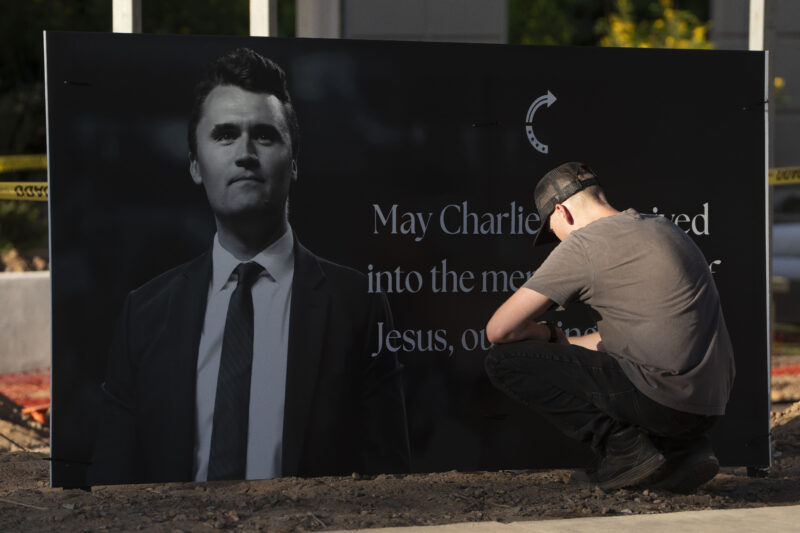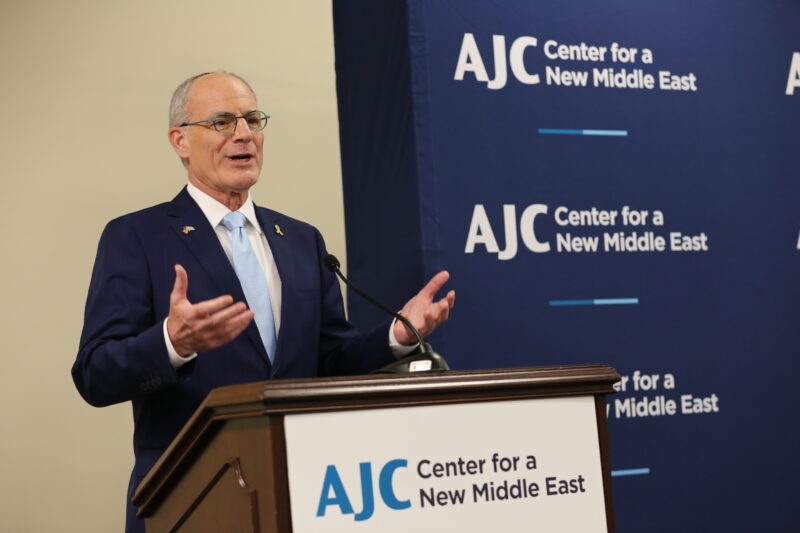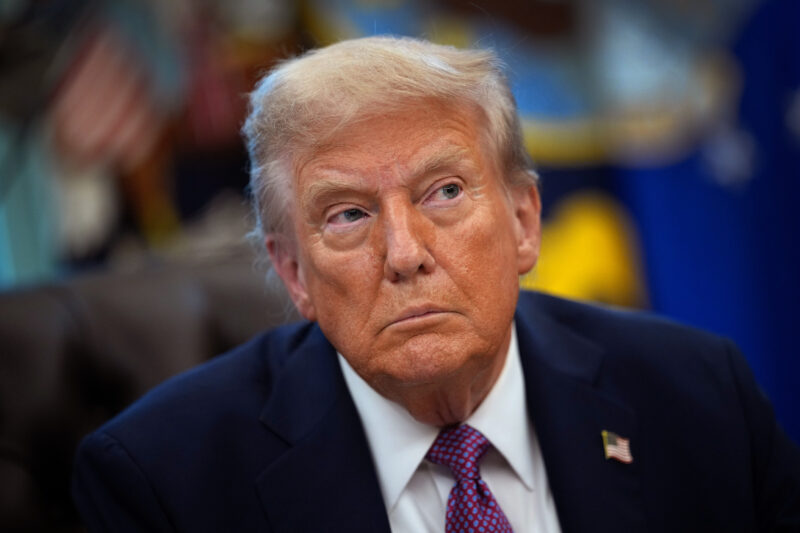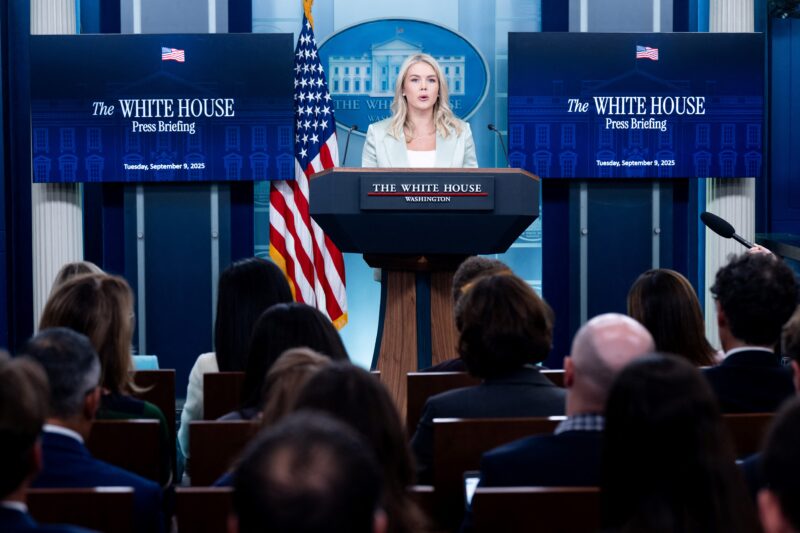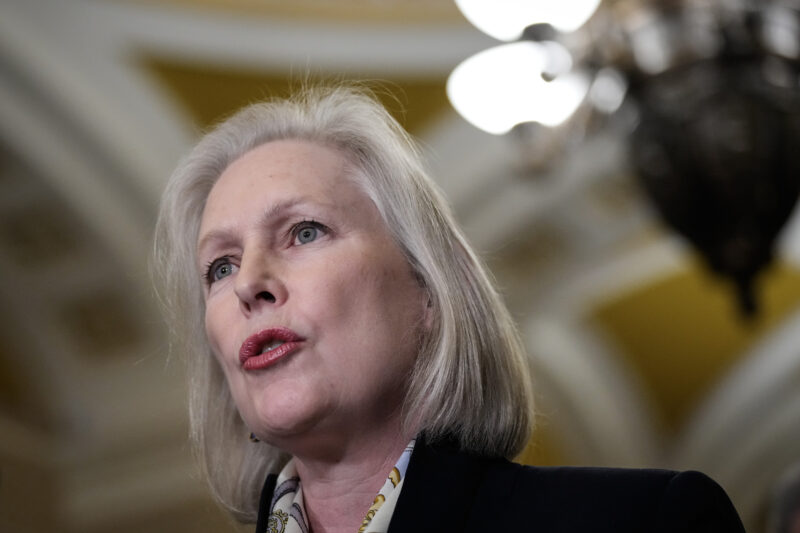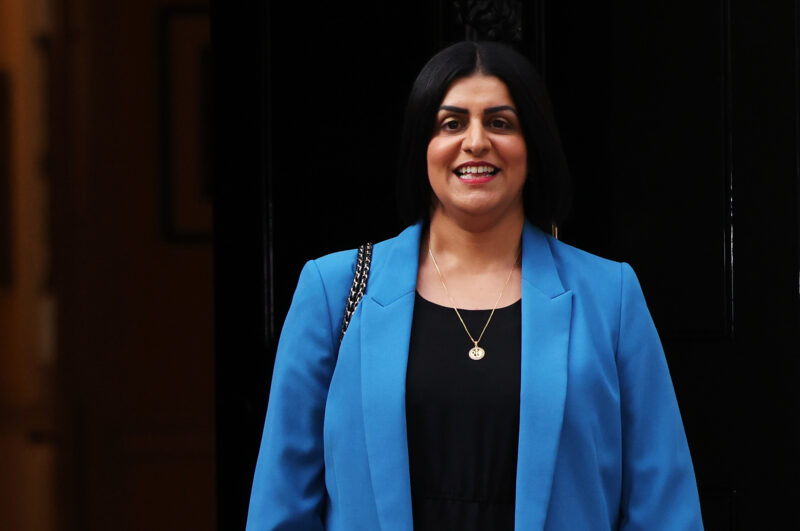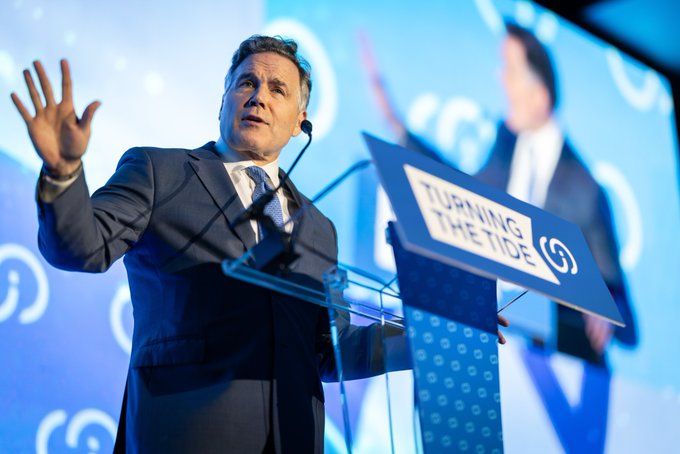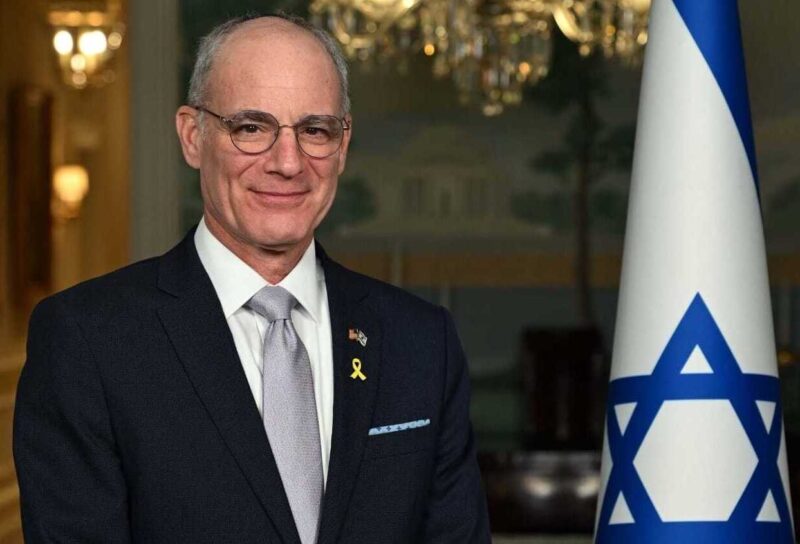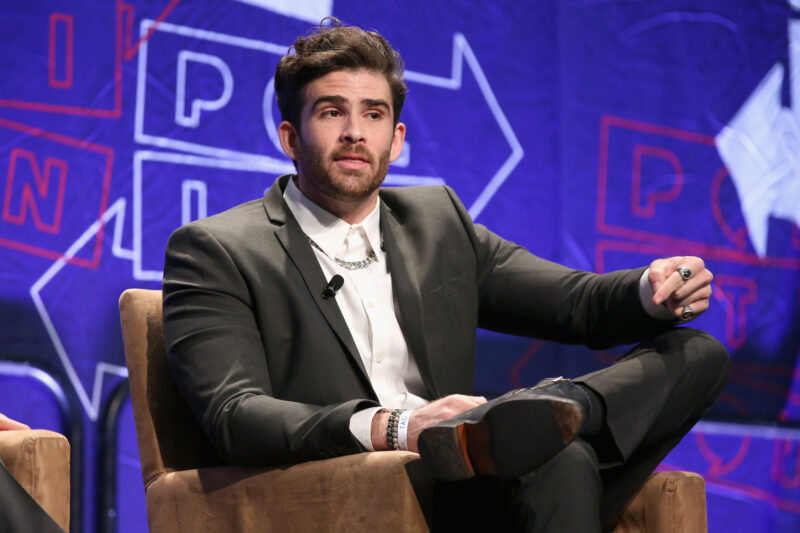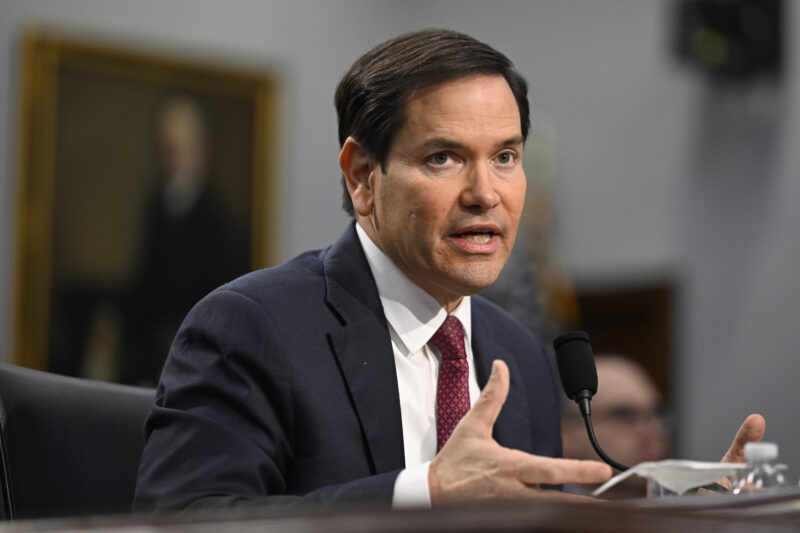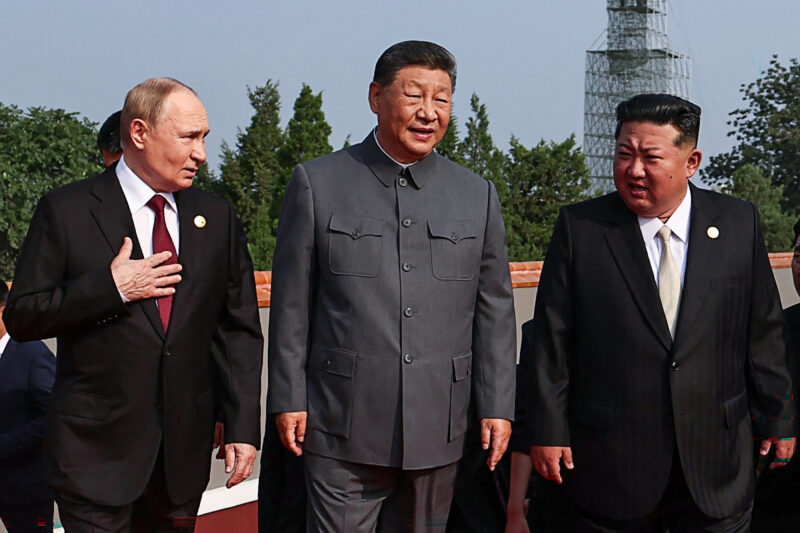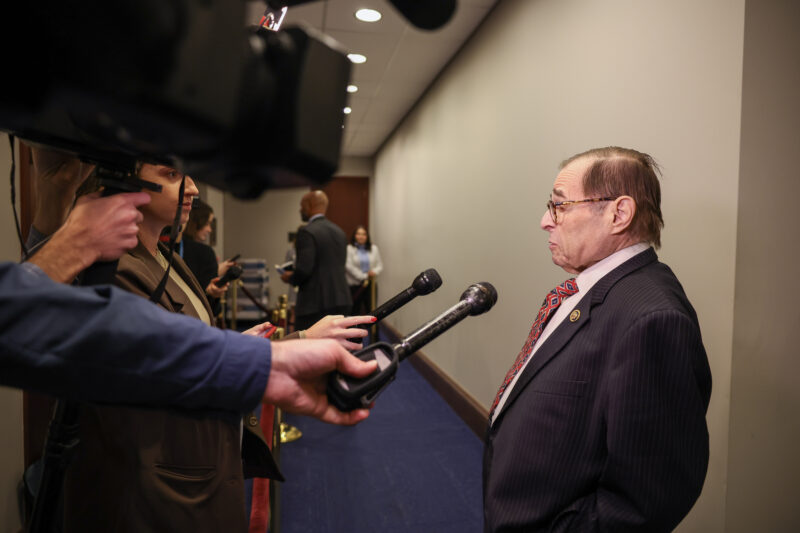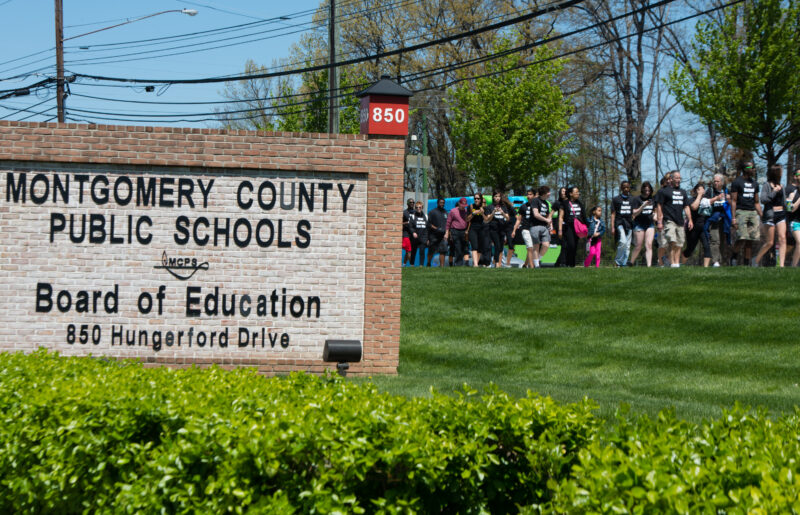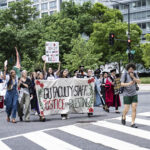Securing government payouts as the primary achievement for using state power to freeze a private university’s funds makes the whole enterprise seem like extortion
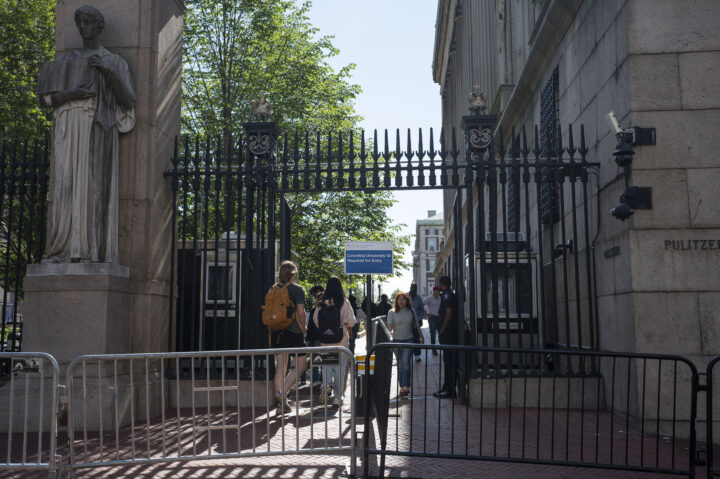
Mostafa Bassim/Anadolu via Getty Images
Students enter campus on the first day of the fall semester at Columbia University in New York City, United States on September 2, 2025.
Over the weekend, The New York Times published a story contending that the momentum for settlements with elite universities was stalling amid divisions between those in the Trump administration looking to make a deal and those looking for more meaningful reforms in combating antisemitism.
The story glossed over the related development we’ve been hearing from officials involved in the negotiating process: that a zeal for dealmaking from some officials is overshadowing the main reason the Trump administration was playing hardball with these schools in the first place — the rampant antisemitism that has been festering on campus.
In fact, the word “antisemitism” was hardly mentioned in the lengthy NYT story, a sign in itself of the administration’s flagging focus.
Indeed, many of the deals struck — along with the outlines of potential future deals — have focused on the dollar amounts in the settlement, without requiring many significant reforms that would deal with antisemitism at the elite schools.
Columbia University agreed in July, following a lengthy legal battle, to pay a $200 million settlement over three years to the federal government. In addition to the legal penalty, the Ivy League school — which did not admit to wrongdoing in the resolution agreement — pledged to implement a series of commitments aimed at protecting Jewish students.
These include further incorporating the International Holocaust Remembrance Alliance’s working definition of antisemitism by requiring its Office of Institutional Equity to embrace the definition; appointing a Title VI coordinator to review alleged violations of the Civil Rights Act; requiring antisemitism training for all students, faculty and staff; and refusing to recognize or meet with anti-Israel student coalition Columbia University Apartheid Divest.
On Columbia’s campus, some pro-Israel students expressed disappointment over those “largely symbolic” commitments, which diverged from a list of reforms initially demanded by the Trump administration.
Soon after Columbia, Brown University entered into an agreement with the Trump administration to restore hundreds of millions of dollars in federal funding. The settlement also primarily focused on money rather than reform, although unlike Columbia, Brown was not required to pay a fine directly to the federal government. The university instead agreed to pay $50 million over 10 years to workforce development organizations in Rhode Island. It also agreed to launch a third-party campus climate survey in an effort to protect Jewish students.
Meanwhile, the conversation surrounding a possible settlement with Harvard has increasingly centered on the significant size of the potential payment — a whopping half-billion dollars — over any of the institutional changes the university will need to make. Sources familiar with the dealmaking confirm to Jewish Insider that President Donald Trump himself is increasingly enamored with the size of the payment, which has led some of his advisors to focus less on reforms and more on the money.
“There’s growing dissatisfaction with the White House letting universities buy their way out of accountability with no meaningful change. It’s clear they’ve been totally out-negotiated,” said one source familiar with the negotiations.
Reading the Times story, the administration officials working to fight against the universities’ harassment of their Jewish students were caricatured as “ideologically driven aides,” whereas those looking to cut lucrative financial deals were portrayed as the pragmatists.
The reality is the opposite. Securing government payouts as the primary achievement for using state power to freeze a private university’s funds makes the whole enterprise seem like extortion. Putting in the work to make sure these abuses don’t happen again is what would make the exertion of government power more justifiable.
Indeed, the outcome of this showdown with elite universities — with negotiations with Cornell and Northwestern taking place now — will be a test of whether many of the systemic abuses that led to the extraordinary freeze on research funding will be rolled back, or whether the tolerance of anti-Jewish discrimination on campus could become the new normal.




